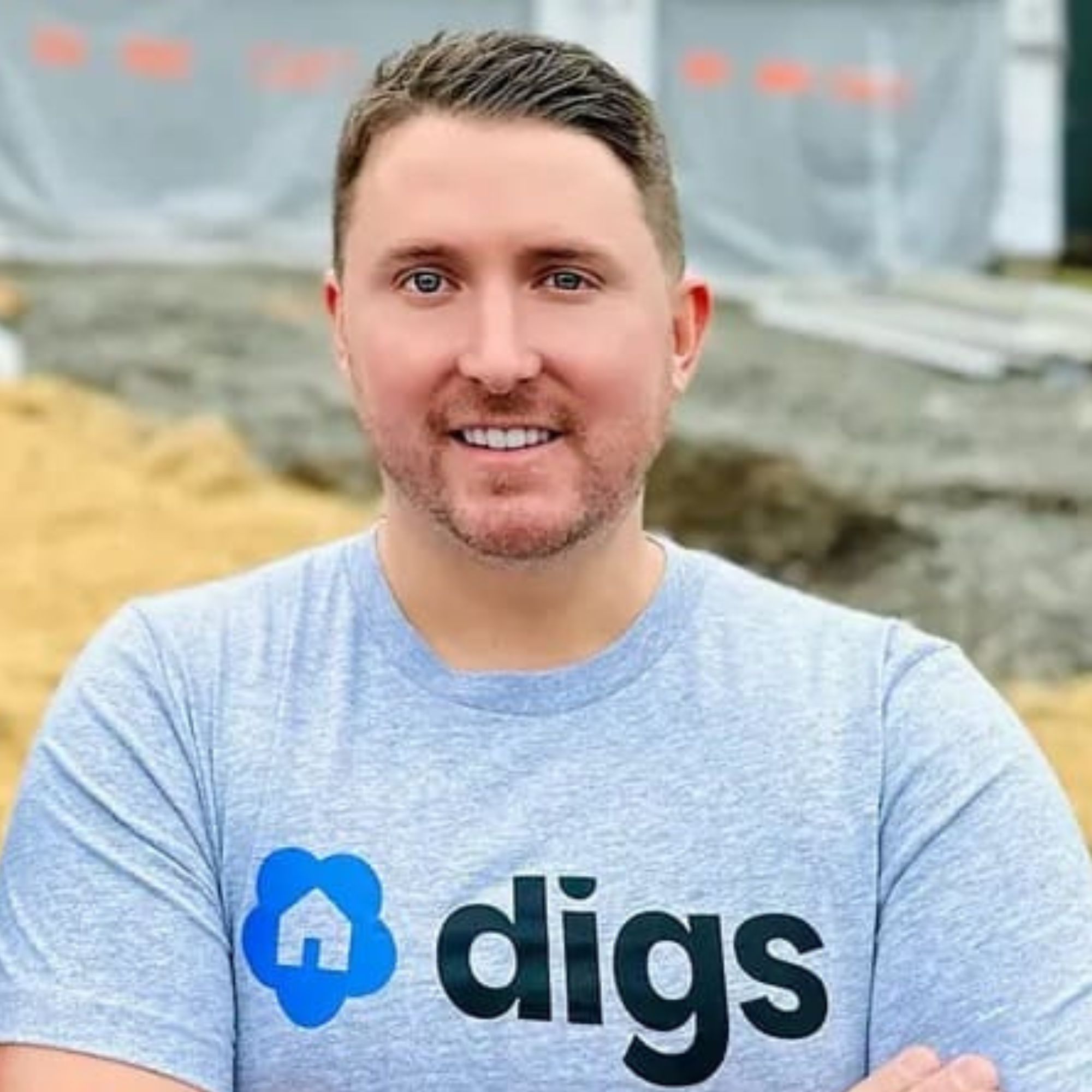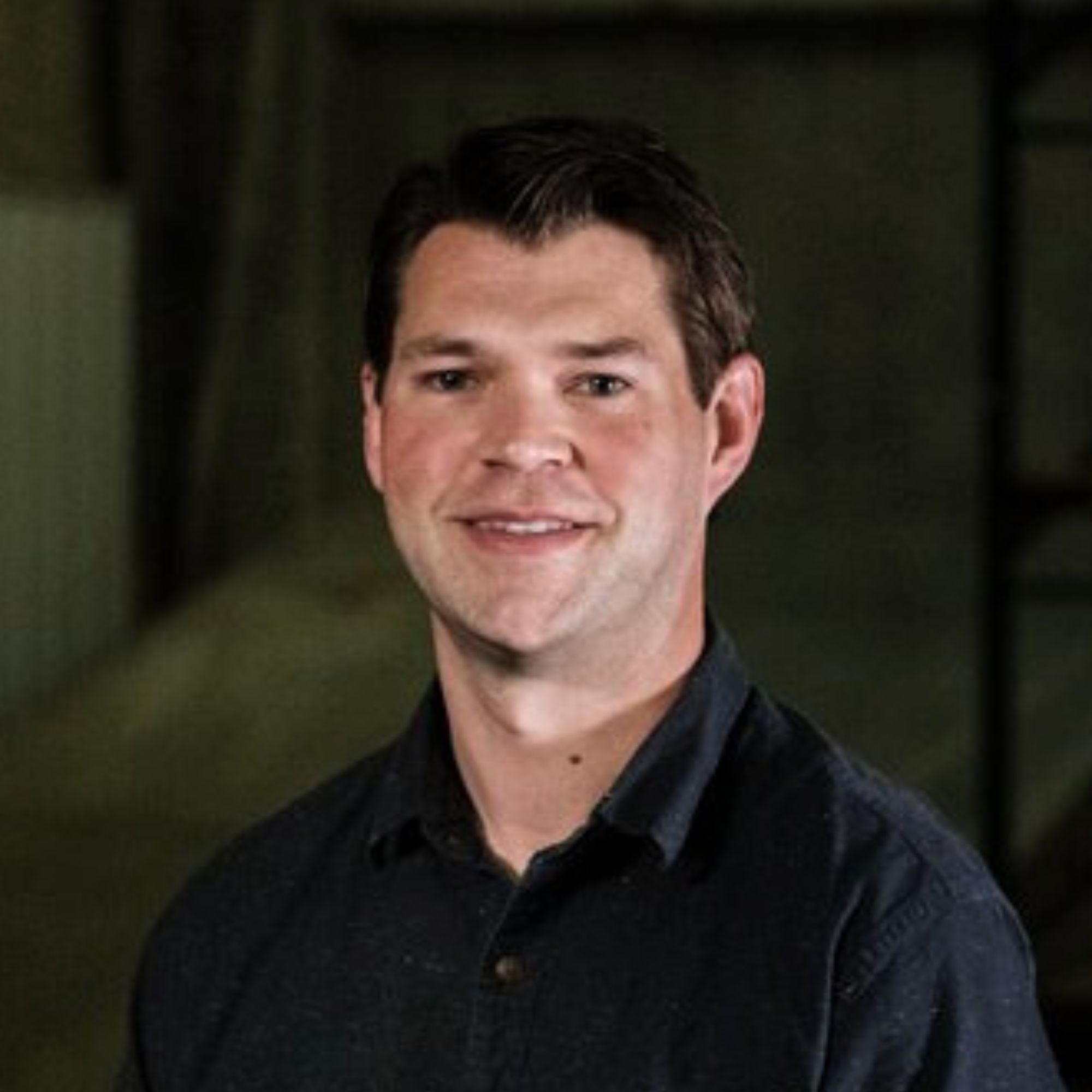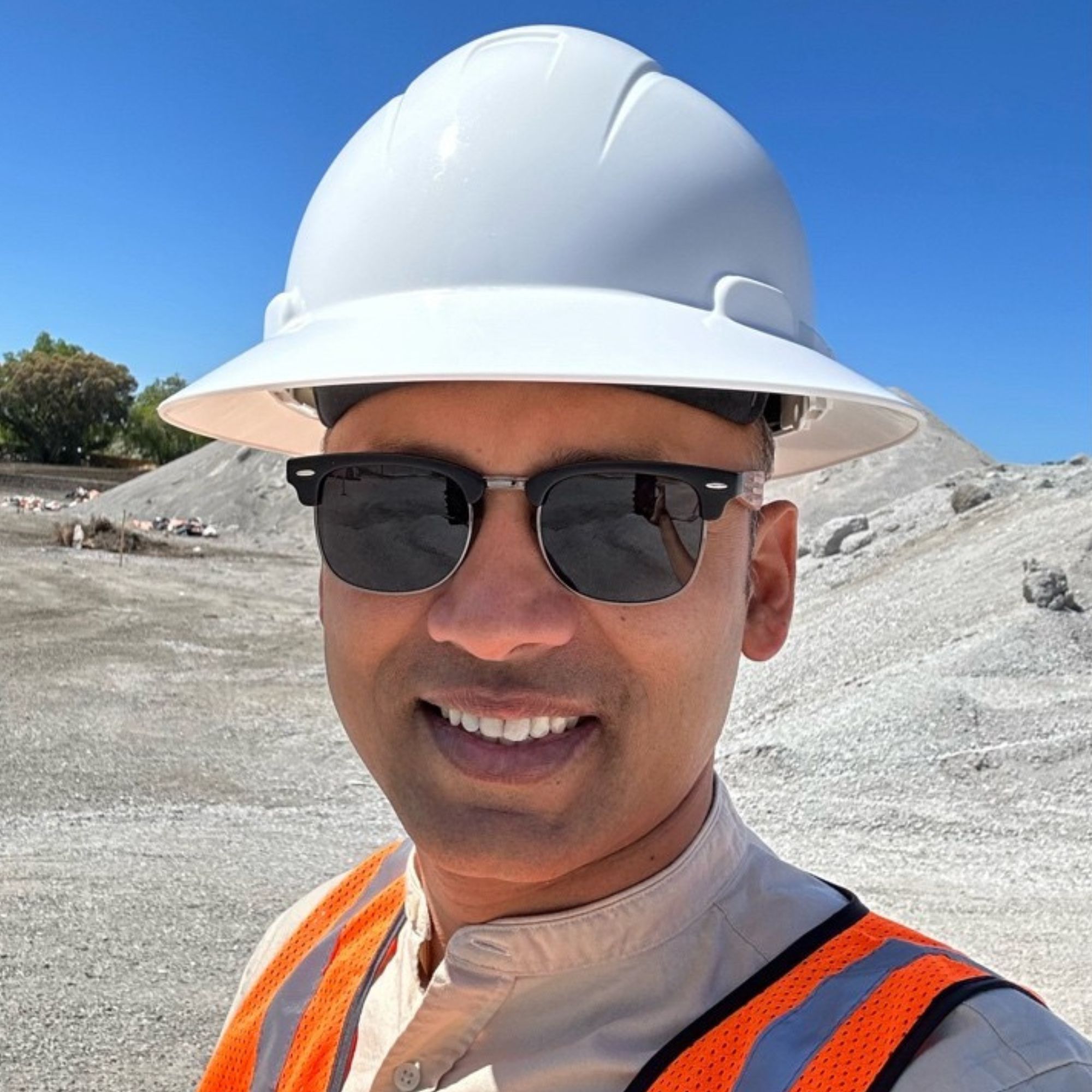Ready to launch your own podcast? Book a strategy call.
Frontlines.io | Where B2B Founders Talk GTM.
Strategic Communications Advisory For Visionary Founders
Conversation
Highlights
From Pitch Deck Disasters to Market Dominance: How Mercator AI’s CEO Learned to Stop Selling and Start Listening
The hardest truth about building a B2B company isn’t about product development or fundraising – it’s learning when to stop pitching and start listening. In a recent episode of Category Visionaries, Chloe Smith, CEO of Mercator AI, shared how a brutal investor meeting transformed her approach to building a construction technology company.
“She handed me my butt on a platter,” Chloe recalls of an early investor pitch. “She basically tore my deck to bits. She helped me better understand that I need to go talk to a lot more people before I ever put an idea together.”
This pivotal moment exposed a common founder blindspot: the tendency to build solutions before deeply understanding the problem. Like many early-stage founders, Chloe and her team initially “meandered a lot. We thought we needed to build a website and build a pitch deck, and we didn’t even have a product. We didn’t even have a problem we’re solving.”
The path to finding product-market fit wasn’t linear. Their first paying customer emerged through a series of pivots and manual experiments. “The day before we met with this customer, we looked at each other and said, well, I think we need to pivot,” Chloe shares. “And then the following day we met with this customer and they came back and they said, ‘oh my goodness, you got me in front of new clients I would have never known about.'”
This early validation led to a critical insight: while their manual process worked, the real opportunity lay in automation. But the journey to closing that first deal revealed another crucial lesson about B2B sales complexity. “We had to get buy-in from all their other team members. And it took months. It took so many months,” Chloe recalls, highlighting how even a $200 contract required a 21-page legal document and multiple stakeholder approvals.
As Mercator AI evolved, their ideal customer profile emerged through careful observation rather than predetermined criteria. “Our customers need to have, at minimum, a business development person on their team,” Chloe explains. This wasn’t just about role titles – it signaled something deeper about their ideal customers: “that also signaled to us that you are investing well beyond your current scope of work into generating new work.”
The company’s current go-to-market strategy reflects these hard-earned lessons about customer discovery. When expanding to Texas, Chloe didn’t rely on remote research or cold outreach. Instead, she “knocked on doors, visited offices, reached out via email, cold called, attended association events.” This hands-on approach helped identify key market signals, particularly around partnerships and PR opportunities.
For founders looking to enter the construction technology space, Chloe offers pointed advice: “Go speak with the president of your local construction association and ask them what they commonly hear their members complain about… really seek to understand versus to be understood.”
This emphasis on understanding over selling extends to fundraising relationships. The most valuable investor relationships came from “longstanding relationships that we developed well in advance of ever raising,” where “the frankness of the conversations came well before them being investors.”
Looking ahead, Mercator AI’s vision extends beyond their current business development focus. “At the core of what we’re building is this incredibly robust, incredibly granular data set of construction activity across all markets and all market sectors,” Chloe explains, highlighting how their initial product is just the beginning of a broader suite of back-office solutions.
The key lesson from Mercator AI’s journey? Success in B2B tech isn’t about perfecting your pitch – it’s about mastering the art of listening to your market.
Actionable
Takeaways
Leverage Diverse Backgrounds for Innovation:
Chloe's transition from data strategy and marketing into construction tech illustrates the value of applying diverse professional experiences to solve industry-specific problems. For B2B tech founders, exploring how skills from one industry can address gaps in another may unlock unique opportunities.
Focus on Early Market Engagement:
Mercator AI's success in helping contractors identify early project opportunities underscores the importance of early market engagement. Founders should consider how their solutions can help clients get involved in projects at the earliest stages, potentially altering the competitive landscape.
Adapt Tools to Industry Needs:
Chloe adapted business development tools from other sectors to fit the construction industry's unique requirements. Founders should think about how existing tools can be customized to meet the specific needs of their target industries, enhancing relevance and utility.
Utilize Feedback for Product Development:
The transition from a rough concept to a market-fit product at Mercator AI was heavily influenced by investor feedback. Founders should actively seek and incorporate such feedback to refine their products and align with market needs.
Build Resilience Through Challenges:
Chloe's story of initial rejection and subsequent pivots highlights the need for resilience in the startup journey. Founders should be prepared to face and learn from rejections and failures, using them as stepping stones towards building a more robust business model.





















